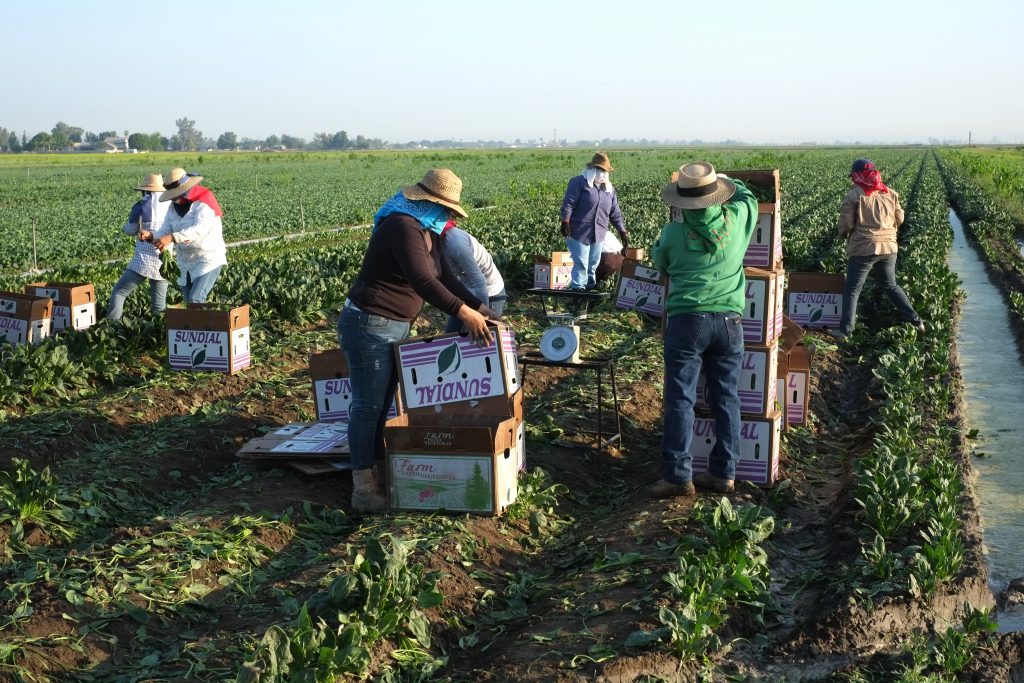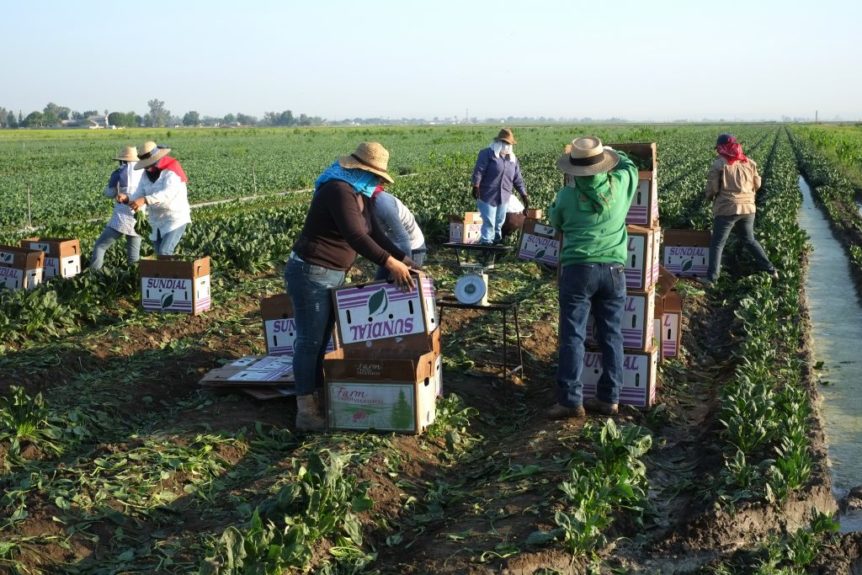
By Clint Thompson
Why have an adverse effect wage rate (AEWR) if there is no adverse effect on domestic workers? That’s a question that Michael Marsh, president and chief executive officer of the National Council of Agricultural Employers (NCAE), wants answered from Acting Department of Labor Secretary Julie Su.
“We’re trying to get her to just simply follow the law when it comes to the Adverse Effect Wage Rate. I have asked for an economic hearing from the secretary to determine whether or not there’s an adverse effect on the domestic workforce due to H-2A, and if there is no adverse effect, then there’s no need for an adverse effect wage rate. Then you would default to the state or federal minimum wage,” said Marsh.
The NCAE petitioned Su last week to amend the regulatory methodology for determining AEWR in the H-2A program.
“The way I’ve got it structured in the petition, the secretary would annually have to make a determination whether or not there is an adverse effect, but the body that would be providing that determination to the secretary would be an independent agency. It wouldn’t be swayed by whoever is in the White House. It would be taken out of their hands and made independent.”
What is AEWR?
AEWRs are the minimum hourly wage rates offered and paid by employers to H-2A workers as a way to protect U.S. workers from adverse effects on their wages or working conditions resulting from hiring foreign workers. The AEWR will increase to $14.68 in Alabama and Georgia and $14.77 in Florida, beginning Jan. 1, 2024.
Marsh spoke at the Georgia Ag Labor Relations Forum in November in Tifton, Georgia. It was reemphasized to him about the lack of a domestic workforce available for producers.
“I heard that crystal clear down there in Tifton. They’re getting nobody to show up except H-2As,” Marsh said.
Marsh said Su is required to respond to his petition, which was submitted last Tuesday, Dec. 12. Marsh expects a response soon, though, it will not be soon enough.
“I’m guessing within a couple of months, but I’ve got to tell you from employers who are going to have to start paying new wage rates that are coming Jan. 1, it can’t come fast enough,” Marsh said.
NCAE is the national trade association focusing on agricultural labor issues from the employer’s viewpoint.










